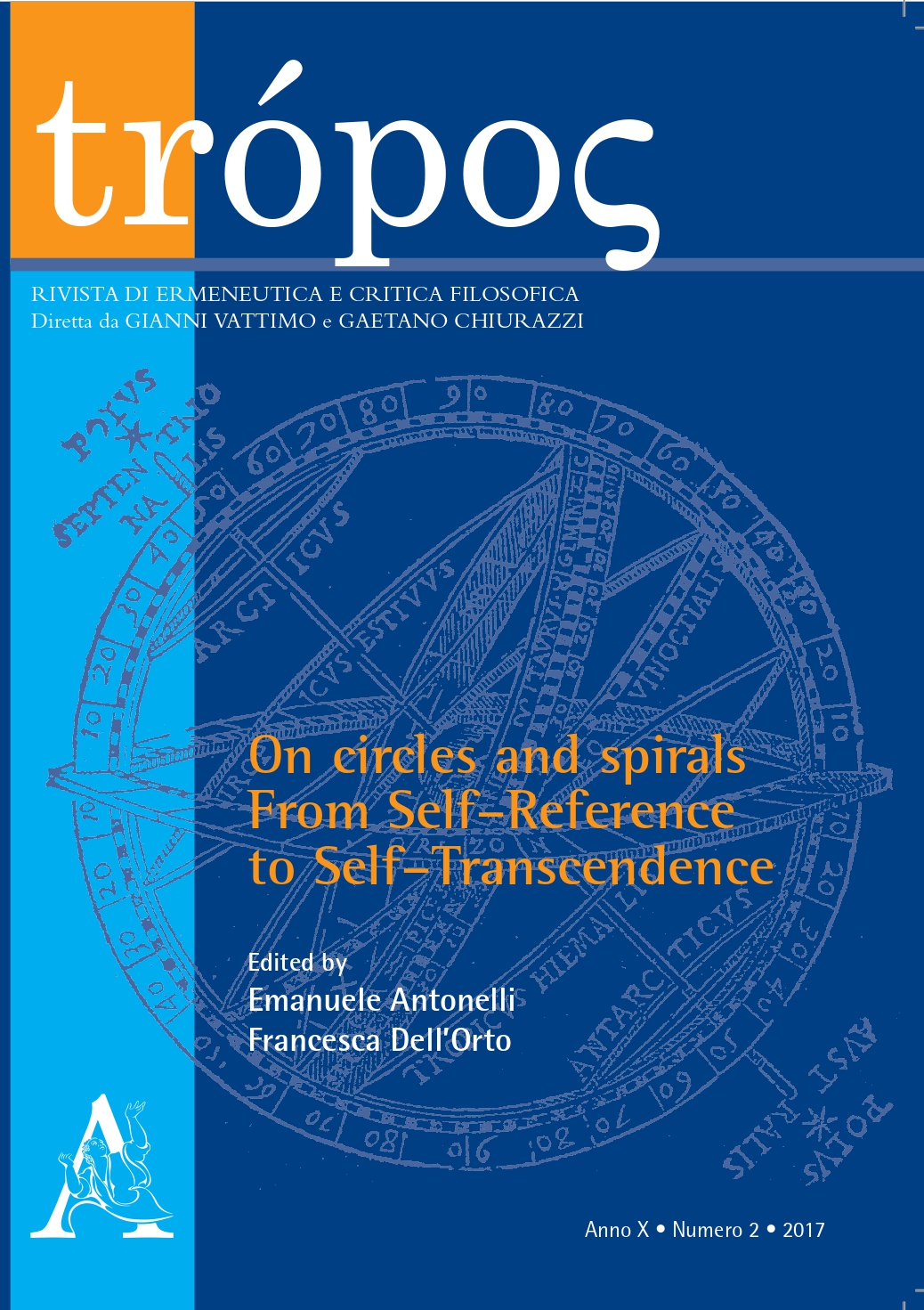Transcending Bayesian Self–Credences
Parole chiave:
Quine–Duhem Paradox, Bayesian Self–Credences, Structural Forms of Creative Thought, Historical–Interdisciplinary Methodology, Non a priori grounding and/or functional and explanatory set of principlesAbstract
The Quine–Duhem paradox, which highlights the contradiction between the need to isolate known and unknown hypothesis, in order to test a given hypothesis, and the inability to do so, poses complications, both scientific and philosophical. The Bayesian response is the preferred corrective by the scientific community, but one encounters a tradeoff between the positing of meaningful–verifiable experience, and, the type of limiting self–referential implicit in the use of self–credences. In fact, the Bayesian response to the methodological and epistemological issues posed by the Quine/Duhem paradox begs the question of the significant role played by various types of structural creative thought, including: synthesis, blind spots, thin places, inversions, poly–holism, and wild and divergent strands, many of which often stand outside the purview of investigating scientists. In contrast to the Bayesian model, the paper offers a non a priori grounding and/or functional and explanatory set of principles founded in the pattern of historical–interdisciplinary structural creative thought, evident in the history of the physical sciences, at large, and in particular scientific histories of physics, biology and political economy. Via this critical methodology, the self–referential nature of the Bayesian model is significantly tempered and its experimental and theoretical verification process objectively broadened.


